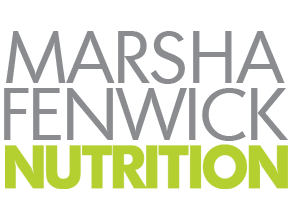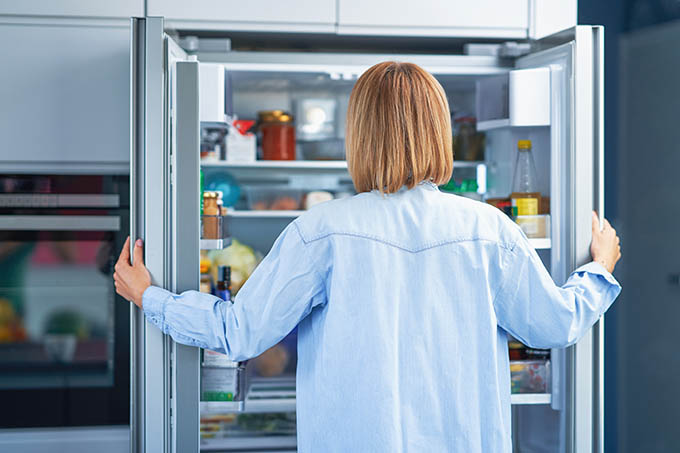When meeting with clients for the first time I provide a detailed and comprehensive initial intake.
The initial intake is to gather comprehensive information about an individual’s dietary habits, lifestyle, medical history, and goals in order to develop a personalized nutrition plan that addresses their specific needs and supports their overall health and well-being.
A common concern for many is the challenges with food cravings. Food cravings can have various causes, including physiological and psychological factors. Some common causes are listed below.
10 common causes of food cravings & strategies to reduce:
1. Nutritional Deficiencies: Cravings can be your body’s way of signaling that it’s lacking certain nutrients. For example, craving chocolate may indicate a deficiency in magnesium, while craving red meat may indicate a need for iron.
2. Hormonal Changes: Hormonal fluctuations during different phases of the menstrual cycle can trigger cravings, especially for sugary or salty foods. Pregnancy, perimenopause and menopause can also lead to intense food cravings due to hormonal changes.
3. Emotional Triggers: Emotional states such as stress, anxiety, sadness, or boredom can lead to cravings. Some people use food as a way to cope with their emotions or seek comfort.
4. Conditioning and Habit: Repeated exposure to certain foods or environments can create conditioned responses, leading to cravings. For example, if you always have popcorn while watching movies, you may crave it whenever you watch a film. That’s definitely me 😊
5. Unbalanced or Restrictive Diets: Following overly restrictive diets or skipping meals can cause imbalances in blood sugar levels, leading to cravings for salty, sweet, or savoury foods.
6. Social and Environmental Factors: Being surrounded by food cues or being in the presence of others who are eating can trigger cravings. Advertisements, food aromas, and visual stimuli can also influence cravings. Mindful eating is part of the program and tolls that I offer and can be life changing.
7. Unhealthy eating habits: Consuming excessive amounts of processed foods, sugary snacks, or foods high in fat can lead to cravings as your body becomes accustomed to these flavors and seeks more of them. See the book Salt Sugar Fat by Michael Moss… a great read!
8. Dehydration: Thirst can sometimes be mistaken for hunger, leading to food cravings. Staying properly hydrated can help reduce the frequency of cravings.
9. Sleep Deprivation: Lack of sleep can disrupt hormone levels and increase cravings, particularly for sugary and starchy foods. It can also impair decision-making and self-control, making it harder to resist cravings. See strategies for sleep, which is another challenge for many.
10. Learned Behavior: Food preferences and cravings can be influenced by cultural, familial, and social factors. Growing up in an environment where certain foods are heavily consumed or highly valued can shape your cravings.
It’s important to note that while occasional food cravings are normal, persistent or intense cravings may indicate underlying issues such as hormonal imbalances, emotional distress, or unhealthy eating patterns.
Please feel free to reach out to me at marsha@marshafenwicknutrition.com to discuss.
Marsha Fenwick, C.N.P. R.R.T.
Marsha is not your typical nutritionist. She began her career 20 years ago as a Registered Respiratory Therapist. Later, she earned her certifications as a Registered Nutritional Consultant Practitioner, Certified Nutritional Practitioner, and Registered Orthomolecular Health Practitioner. Marsha is also a Certified Cancer Coach. Her clinical practice specializes in: sustainable healthy weight loss, digestive health, women's hormones, diabetes, heart health, and cancer prevention and recovery. For more information and to book a FREE 15 minute consultation go to www.marshafenwicknutrition.com







